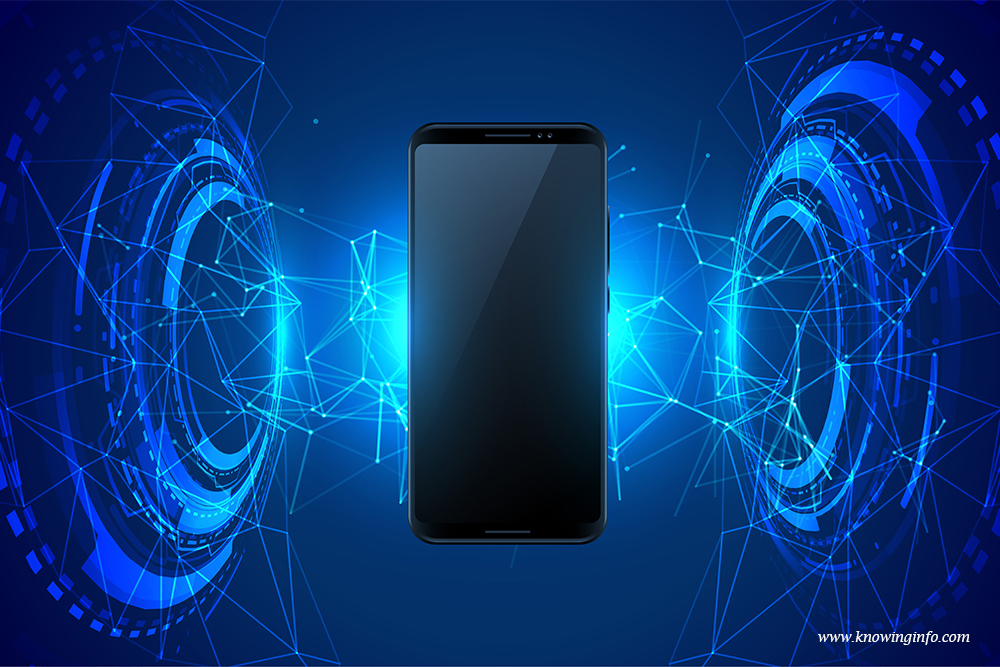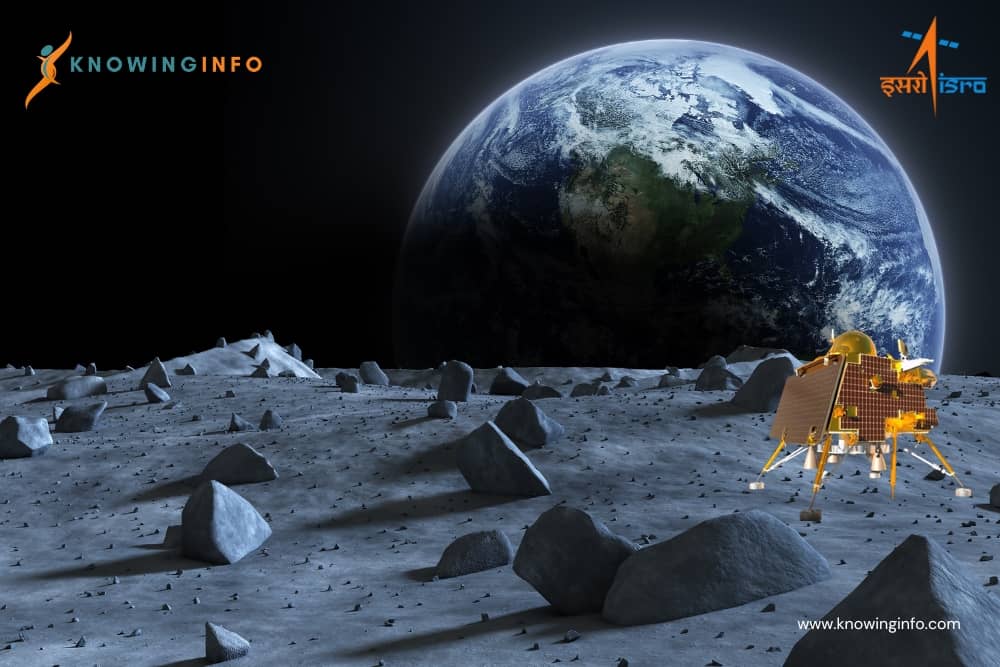How Artificial Intelligence (AI) is Revaluing Technology ?
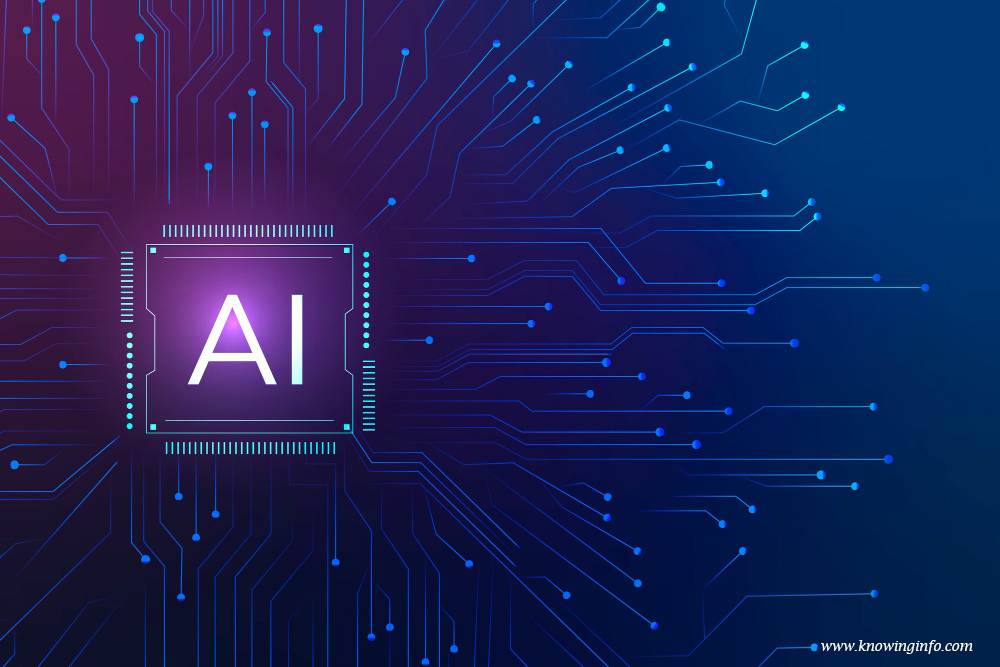
Artificial Intelligence (AI) is the revaluation of technology. It has revolutionized the way we live, work, and interact with the world around us. From virtual assistants to self-driving cars, AI has the potential to transform every aspect of our lives. In this blog post, we will explore the impact of AI on technology and its implications for the future.
What is Artificial Intelligence (AI)?
Artificial Intelligence (AI) is the ability of machines to perform tasks that normally require human intelligence, such as understanding natural language, recognizing images, and making decisions. AI is achieved through the development of algorithms and software that can learn from data and make predictions or decisions based on that data.
AI has been around for decades, but recent advances in computing power, data storage, and machine learning algorithms have enabled AI to become more powerful and useful than ever before. Today, AI is being used in a wide range of applications, from virtual assistants like Siri and Alexa to autonomous vehicles and medical diagnosis systems.
How is Artificial Intelligence (AI) revolutionizing technology?
AI is revolutionizing technology in several ways. First, AI is enabling machines to perform tasks that were previously only possible for humans. For example, image recognition algorithms can now identify objects in photographs with greater accuracy than humans, while natural language processing algorithms can analyze and understand human speech and written text.
Second, AI is improving the accuracy and efficiency of existing technologies. For example, AI algorithms can analyze large datasets to identify patterns and insights that would be difficult or impossible for humans to detect. This is particularly useful in fields like healthcare, where AI is being used to improve diagnosis and treatment planning.
Third, AI is enabling new technologies and applications that were previously impossible. For example, self-driving cars rely on AI algorithms to analyze sensor data and make decisions about how to navigate the road. Similarly, virtual assistants like Siri and Alexa use AI to understand and respond to user queries.
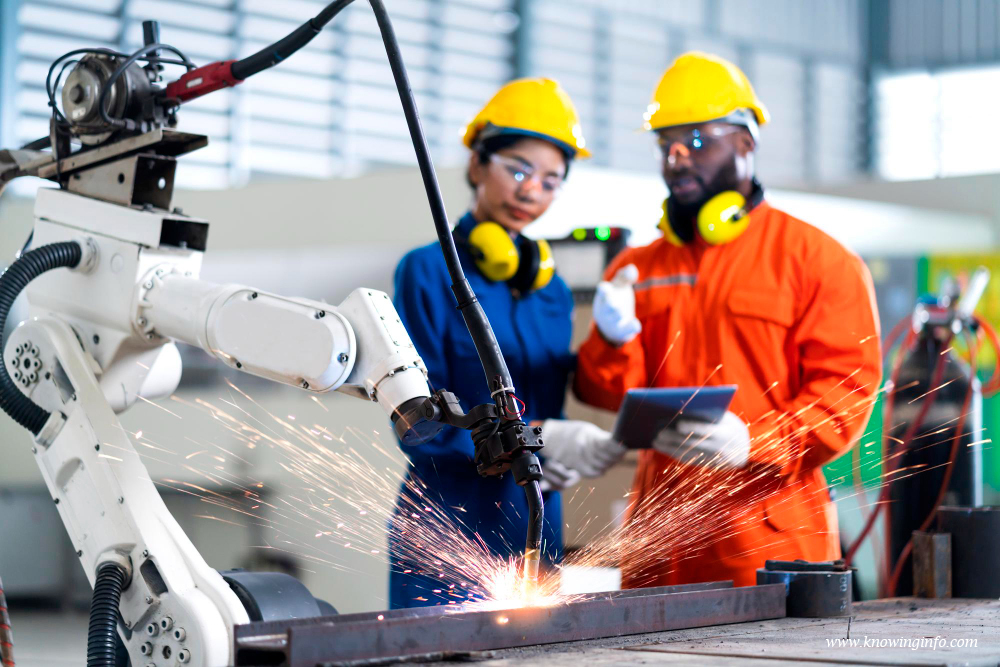
AI’s Impact on Various Industries
AI’s impact is being felt across a wide range of industries, including healthcare, finance, retail, and entertainment.
In healthcare, AI is being used to develop new treatments and drugs. AI-powered systems can analyze vast amounts of medical data and identify patterns that can help doctors diagnose diseases more accurately. AI is also being used to develop new medical devices that can help patients monitor their health more effectively.
In finance, AI is being used to develop new trading algorithms and risk models. AI-powered systems can analyze financial data and make predictions about market trends, helping traders make more informed investment decisions. AI is also being used to develop fraud detection systems that can identify suspicious activity in real-time.
In retail, AI is being used to develop personalized shopping experiences for customers. AI-powered systems can analyze customer data and provide recommendations for products that customers are likely to be interested in. AI is also being used to develop supply chain optimization systems that can improve inventory management and reduce waste.
In entertainment, AI is being used to create new forms of content. AI-powered systems can analyze data from social media and other sources to identify trending topics and create content that is relevant to audiences. AI is also being used to develop new forms of interactive entertainment, such as virtual reality and augmented reality games.
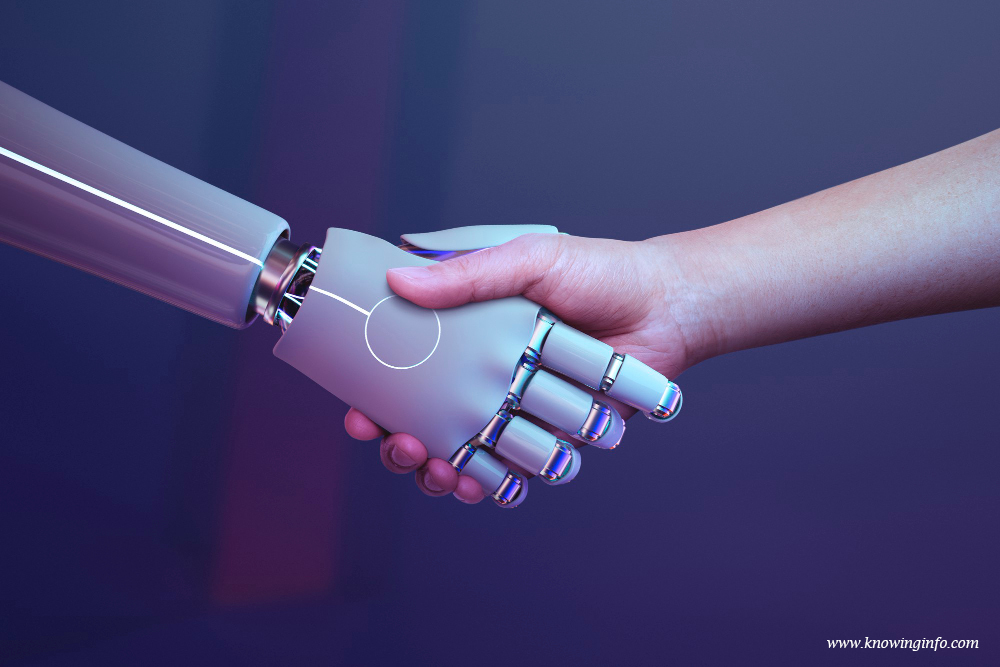
What are the implications of AI for the future?
AI has the potential to transform every aspect of our lives, from the way we work and communicate to the way we learn and play. However, there are also concerns about the impact of AI on jobs, privacy, and security.
One of the biggest concerns about AI is that it will replace human workers in many industries. For example, self-driving cars could replace truck drivers, while virtual assistants could replace customer service representatives. While this could lead to increased efficiency and productivity, it could also lead to widespread job loss and economic disruption.
Another concern about AI is that it could be used to invade our privacy and compromise our security. For example, AI algorithms could be used to analyze our online behavior and make predictions about our preferences and behaviors. This could be used by companies to target us with personalized ads, but it could also be used by governments or other organizations to monitor our activities and restrict our freedoms.
Despite these concerns, many experts believe that the benefits of AI outweigh the risks. AI has the potential to improve our lives in countless ways, from reducing healthcare costs to improving transportation safety. However, it is important to ensure that the development and deployment of AI is done in a responsible and ethical way, with consideration given to the potential risks and unintended consequences.
Conclusion
Artificial Intelligence (AI) is the revaluation of technology. It is revolutionizing the way we live, work, and interact with the world around us. From virtual assistants to self-driving cars, AI has the potential to transform every aspect of our lives. While there are concerns about the impact of AI on jobs, privacy, and security, many experts believe that the benefits of AI outweigh the risks. As we continue to develop and deploy AI, it is important to ensure that we do so in a responsible and ethical way, with consideration given to the potential risks and unintended consequences.


